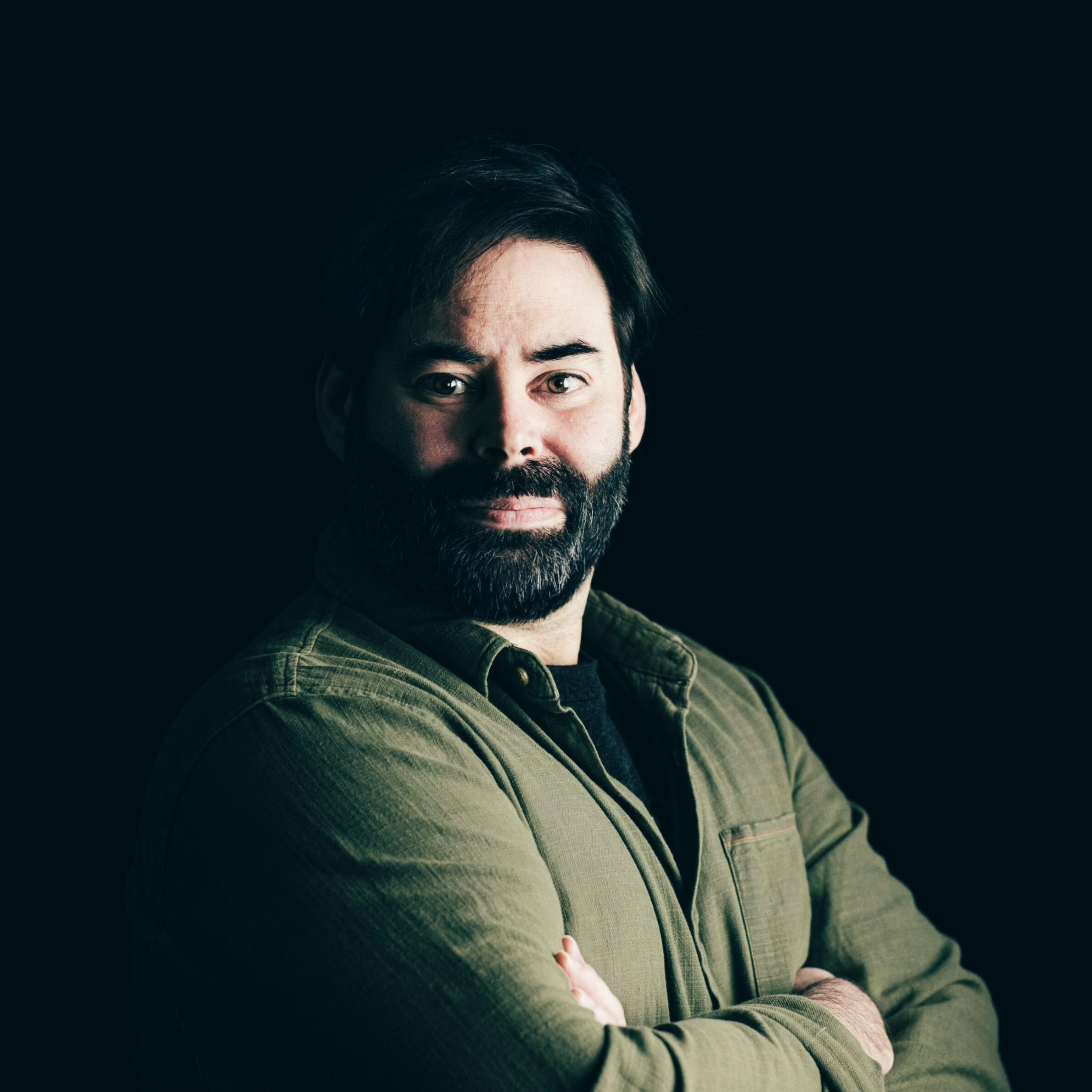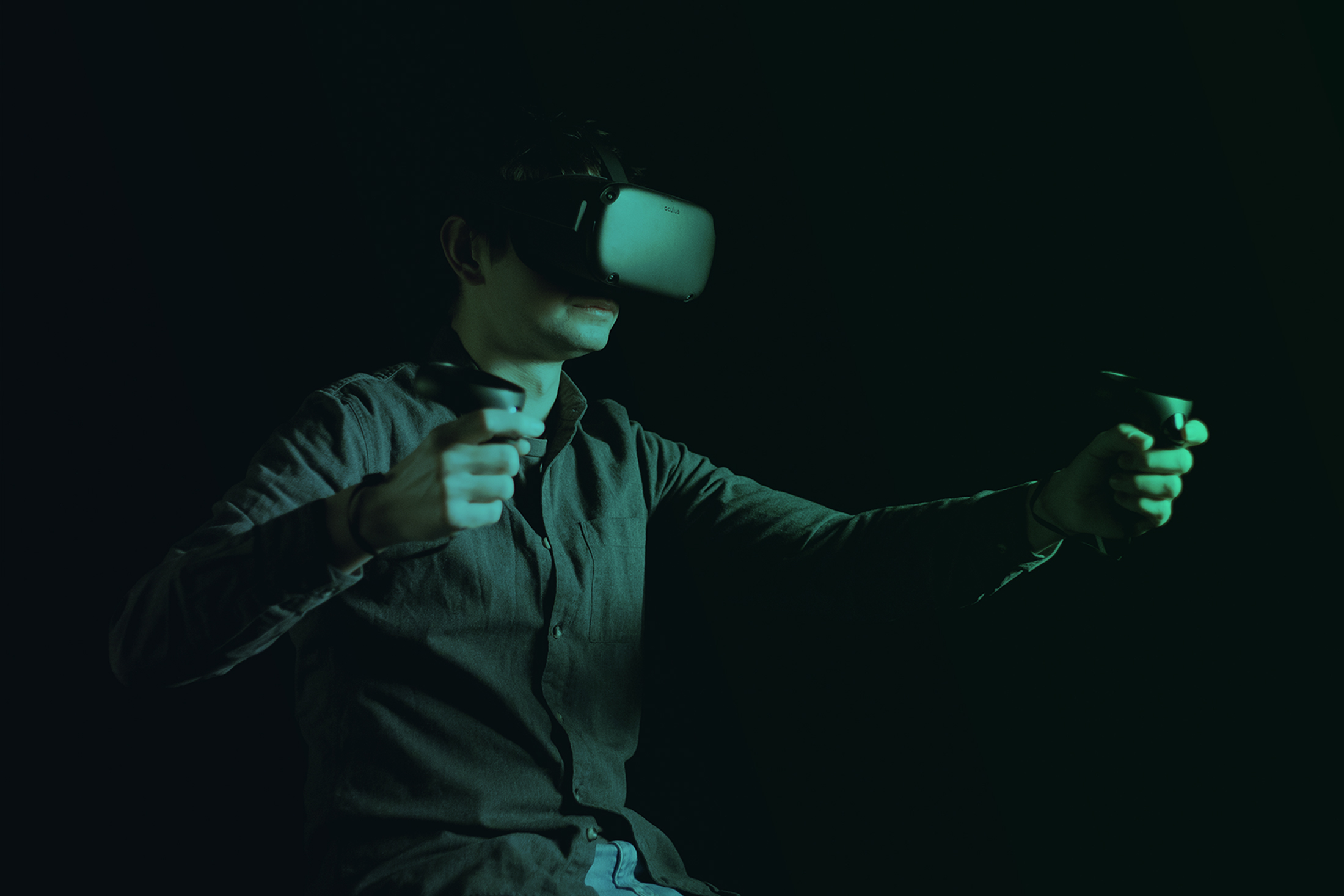
Ryan Douglas
A noted expert and innovator in the fields of mental health, artificial intelligence, and surgical robotics, Ryan has been on the frontline of major paradigm shifts in healthcare for 15 years. He has commercialized over 20 FDA-cleared medical devices, including treatments for depression, hypertension, women’s health, chronic pain, and related neurological conditions. Ryan holds pivotal patents for medical AI, robotics, and systems and frequently has achieved FDA clearance for breakthrough therapies.
